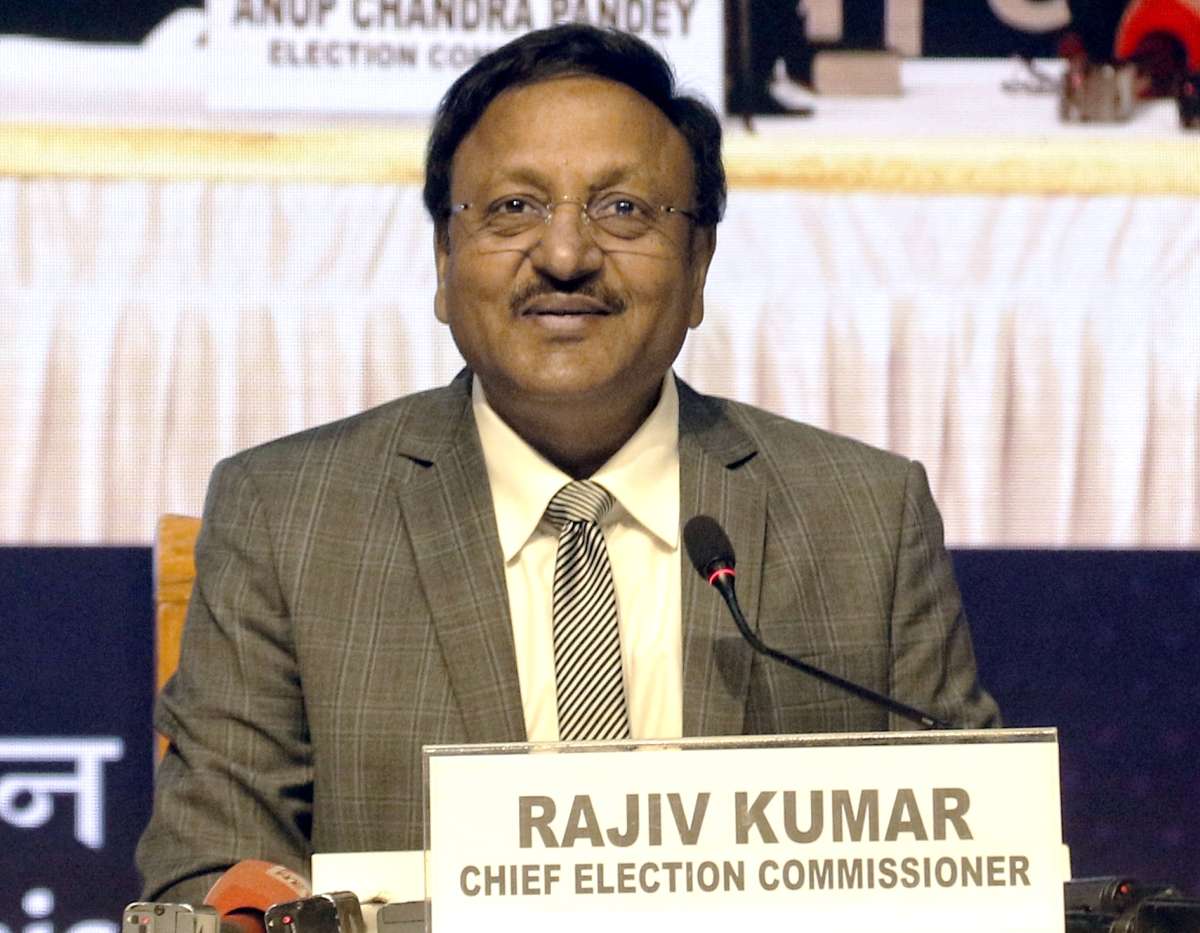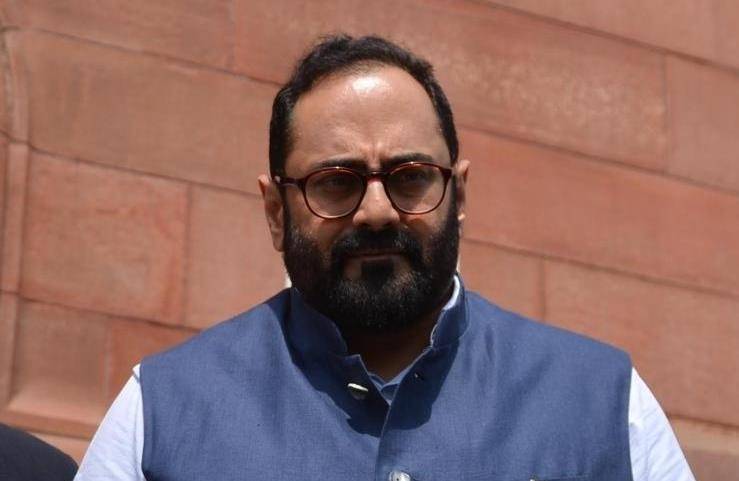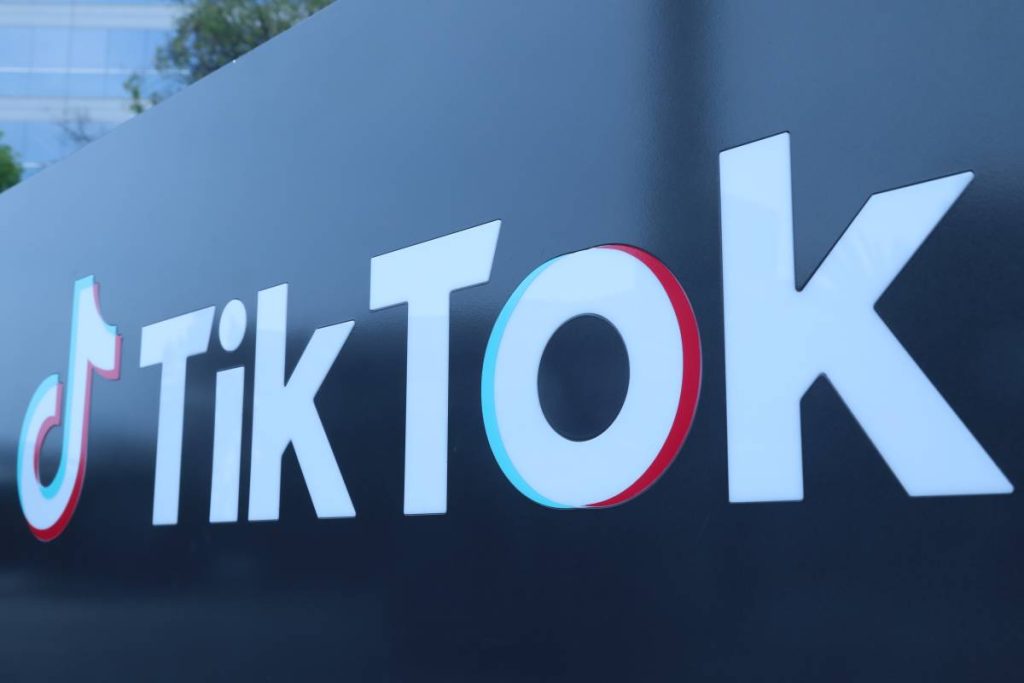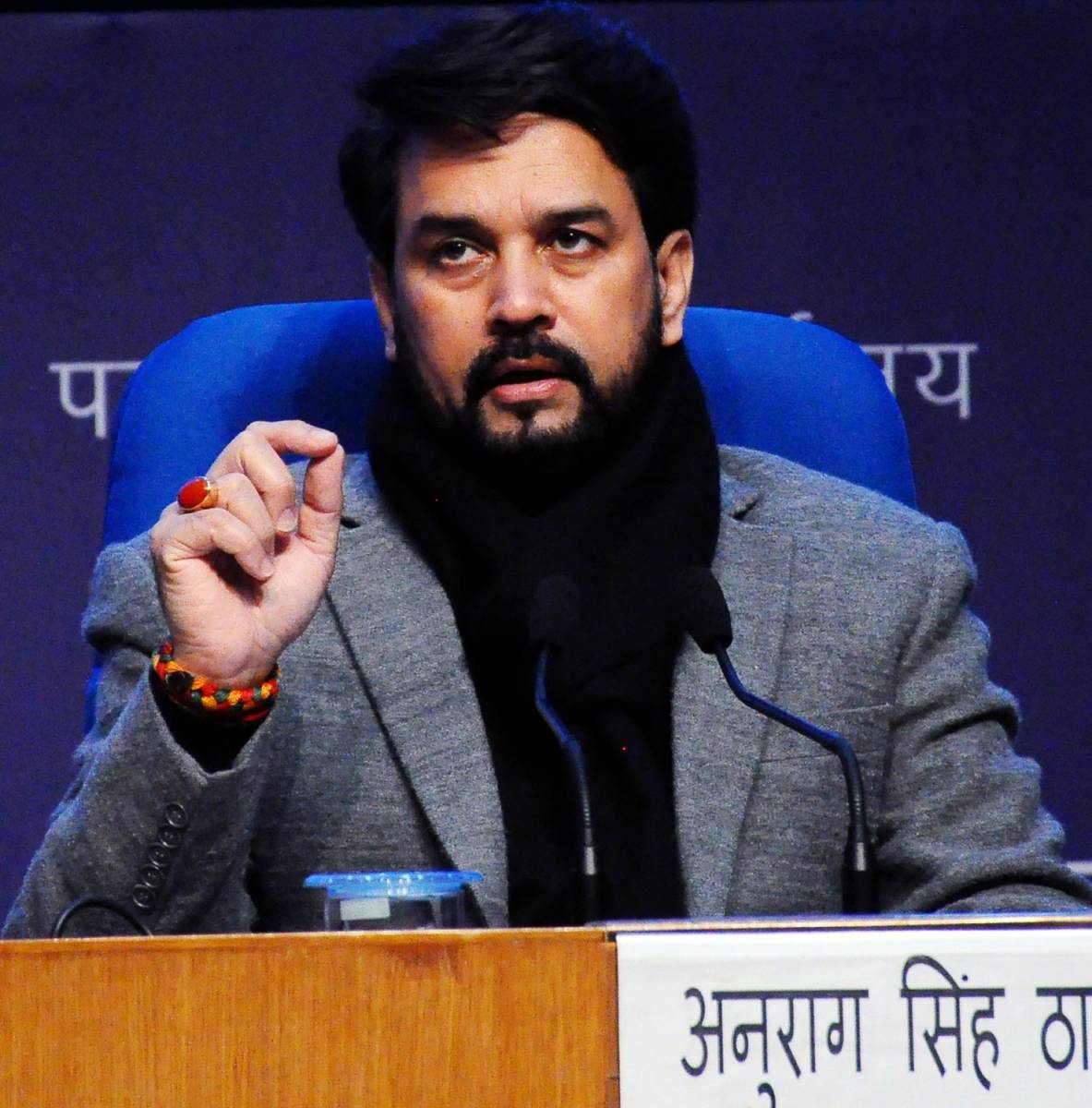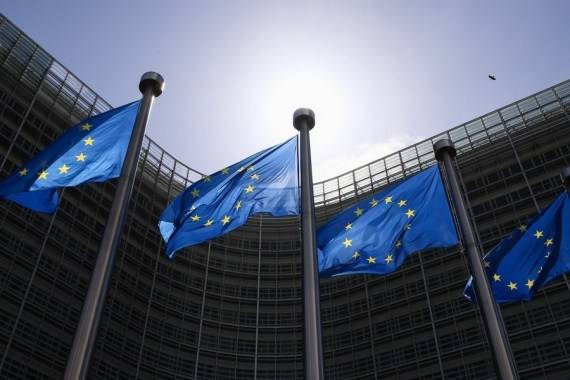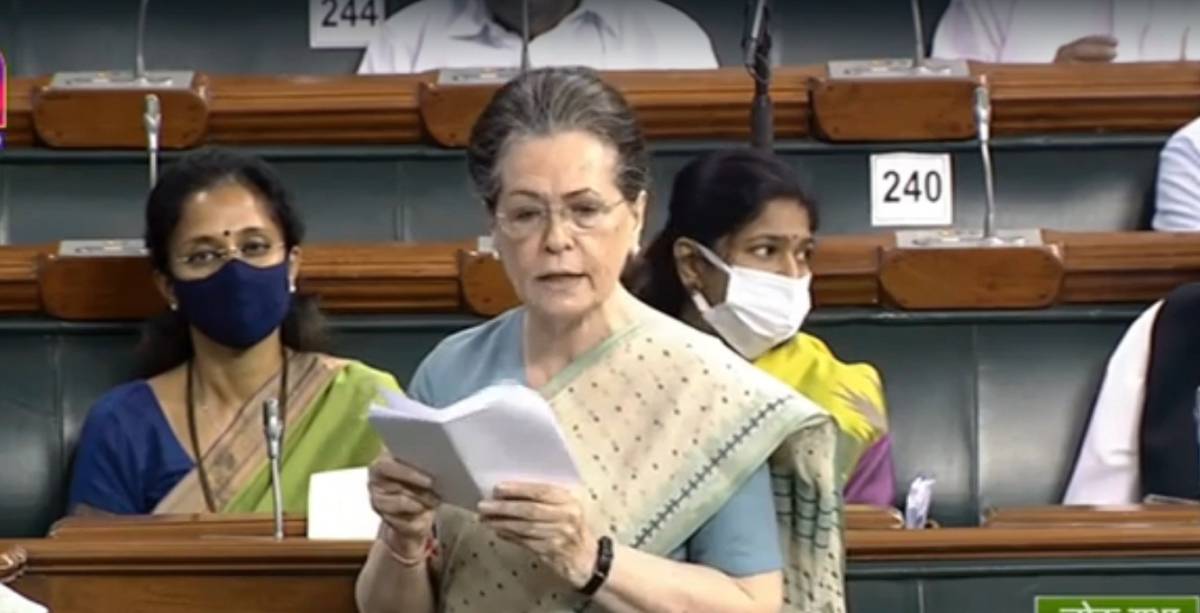Get your yoga aesthetics just right with Deepika Mehta, whose Instagram profile will leave you in awe of her breathtaking yoga poses…writes Olivia Sarkar
Do you enjoy working out? You can follow these profiles on Instagram if you want to do more with your yoga practice and be consistent with your workout routine and lead a healthy lifestyle. The Indian yoga influencers will leave you motivated by their personal fitness journeys.
Radhika Bose (555k followers)
In addition to being a yoga practitioner, Radhika Bose blogs on travel, fitness, and lifestyle. She is passionate about health and fitness and has a sizable 555k Instagram following. Her mother was diagnosed with a slipped disc, and doctors suggested that she start practising yoga. This was the beginning of her yoga journey. And after nine years of yoga practise, she decided to make it her career.
It takes a lot of time and effort to master the yoga discipline, but starting is never too late or too challenging.
Anshuka Parwani (272k followers)
One of India’s most influential yoga figures is the celebrity yoga instructor Anshuka Yoga. And you might be familiar with her as the person behind Kareena Kapoor Khan’s stunning pregnancy makeover. Anshuka has climbed the achievement ladder by putting in significant daily effort to alter her appearance.
She teaches Yogalates, a style of exercise that combines the benefits of both Mat Yoga and Mat Pilates in order to maximise the benefits of Yoga. Flyfit, on the other hand, blends traditional Mat Yoga poses with Pilate Techniques and is a combination of Aerial Yoga, Aerial Pilates, and Aerial Fitness. Isn’t that intriguing?
Deepika Mehta (246k followers)
Get your yoga aesthetics just right with Deepika Mehta, whose Instagram profile will leave you in awe of her breathtaking yoga poses. Her Instagram feed is filled with breathtaking pictures of yoga poses that exhibit perfect technique and dedication. She captures our attention with the proper alignment and precise skills that characterise the actual art of yoga.

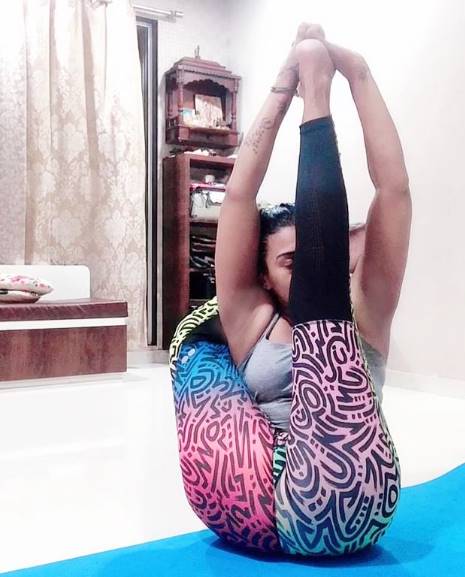



Sunaina Rekhi (146k followers)
In addition to being a contemporary yogini and a perfect match for our list of the best Yoga influencers in India, Sunaina Rekhi is a yoga instructor and a health and lifestyle coach. She completed her training as a yoga instructor in Rishikesh, and now she instructs at a number of prominent yoga studios in the Mumbai area, inspiring many more people to take up the yoga practise.
She is one of the first Indian women to be chosen to represent yoga at the UN. Follow her on Instagram if you want a relaxing and engaging yoga session. Sunaina is a proponent of yoga as a way of life and of using yoga training to promote both mental and physical health.
Suvi Choudhury (133k followers)
Suvi Choudhury is an encouragement to everyone thinking about changing occupations because she is a mother, wife, and daughter. She started her foray into the yoga and fitness worlds in 2009. She has since received instruction in a variety of yoga disciplines, such as Ashtanga Vinyasa (L1 & L2), therapeutic yoga, Aerial Yoga, and Airo yoga.
While recovering from her slipped disc injury, she became proficient in the yoga discipline. She embarked on a new fitness mission as a result of that one problem. After spending numerous hours every day practising, she graduated to the level of expert yoga trainer.
Everyone who follows Natasha is aware of her love for her committed followers who keep up with her workout routine. Natasha maintains a tight exercise schedule to make sure she receives only positive energy. She encourages people to be patient with their bodies and to experiment as much as they can in order to emerge strong while promoting self-growth and healing via the practise of yoga.
You can find much more motivation on how one’s body can perform miracles with hard work by scrolling down her page. With her inspiring and engaging videos, she is dispelling stereotypes one at a time.
Neha Bangia (112k followers)
Neha is a fitness & lifestyle blogger, a Reebok & ACE trainer, a FLR Pilates trainer, and a mother of two kids. She is a role model for all women who think that marriage locks a lady inside her four walls. Yoga provides her a great surge of adrenaline, and without her yoga mat and sports shoes, Neha wouldn’t be who she is.
You’ll feel at ease and great after working out with this Instagram yoga and fitness influencer from India.
(Photo source: instagram)


